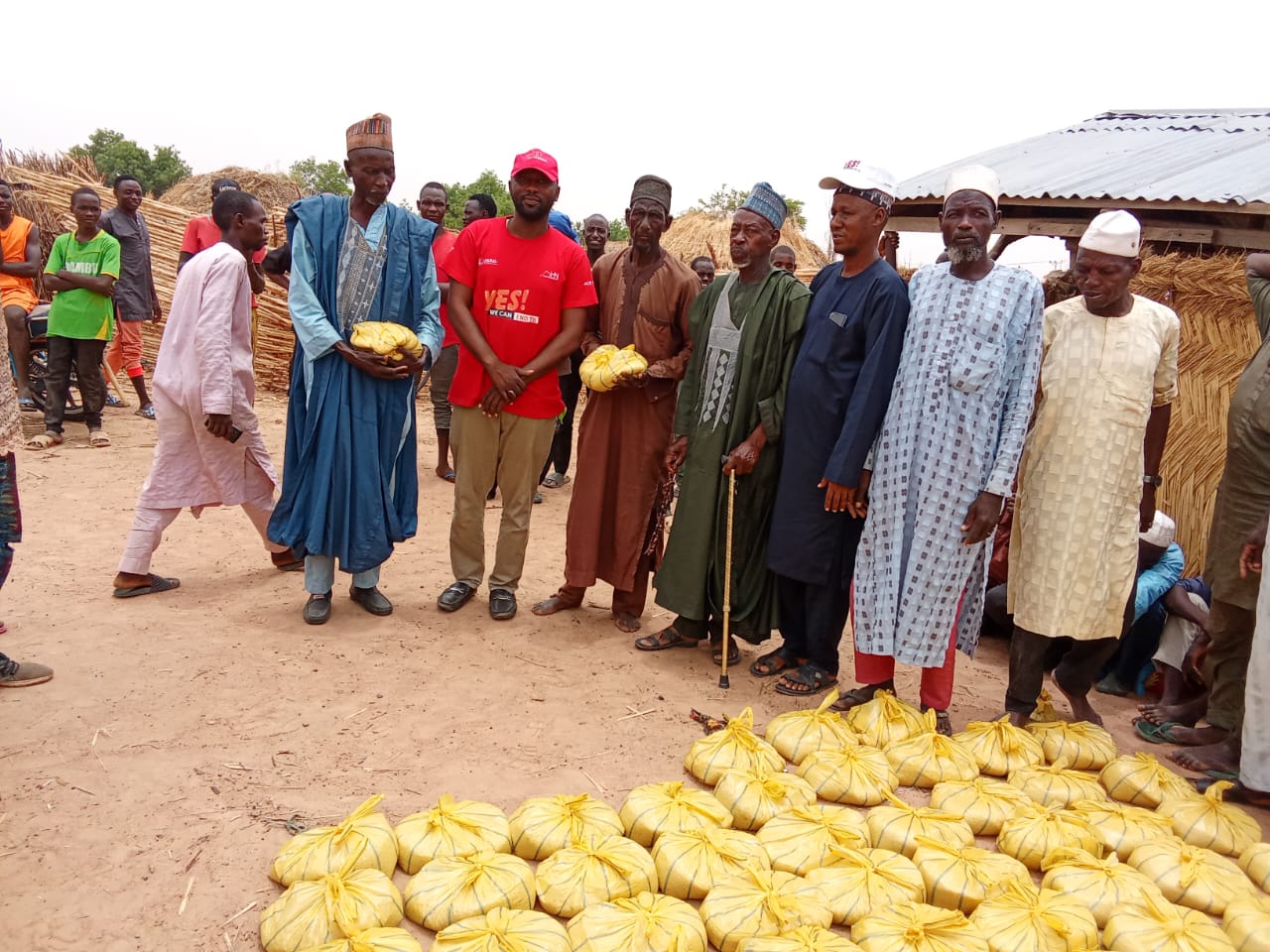Title: The Lifeline of Palliative Aid: A Beacon of Hope for Internally Displaced Persons
Introduction: In the tumultuous landscape of conflict and displacement, the provision of palliative aid emerges as a beacon of hope for those navigating the harsh realities of displacement, particularly for Internally Displaced Persons (IDPs). As the world grapples with ongoing crises displacing millions, the importance of palliative aid cannot be overstated. This article delves into the critical role of palliative aid in providing relief, dignity, and resilience to IDPs, with a focus on its significance in places like Yobe State, Nigeria.
A Shelter in the Storm: For individuals forced to flee their homes due to conflict, violence, or natural disasters, the journey often leads to uncertainty and despair. In such dire circumstances, palliative aid serves as a crucial lifeline, offering basic necessities such as food, water, shelter, and medical care. These essentials not only address immediate needs but also contribute to the preservation of dignity and human rights amidst adversity.
Preserving Dignity and Human Rights: Displacement strips individuals of their homes, livelihoods, and often their sense of identity. Palliative aid plays a pivotal role in restoring dignity by affirming the inherent worth and rights of IDPs. By providing essential resources and support, it empowers individuals to withstand the challenges of displacement with resilience and hope.
Mitigating Suffering and Promoting Healing: The trauma of displacement extends far beyond physical displacement; it encompasses emotional and psychological scars that may endure long after the crisis subsides. Palliative aid goes beyond mere sustenance; it offers solace, comfort, and healing to those grappling with loss, trauma, and uncertainty. Access to medical care, counseling services, and community support networks can significantly alleviate suffering and foster healing among IDPs.
Fostering Resilience and Empowerment: In the face of adversity, resilience emerges as a defining characteristic of displaced populations. Palliative aid serves as a catalyst for resilience by equipping IDPs with the resources, skills, and support networks needed to rebuild their lives. Whether through vocational training programs, livelihood support initiatives, or educational opportunities, palliative aid empowers IDPs to reclaim agency over their futures and strive for a better tomorrow.
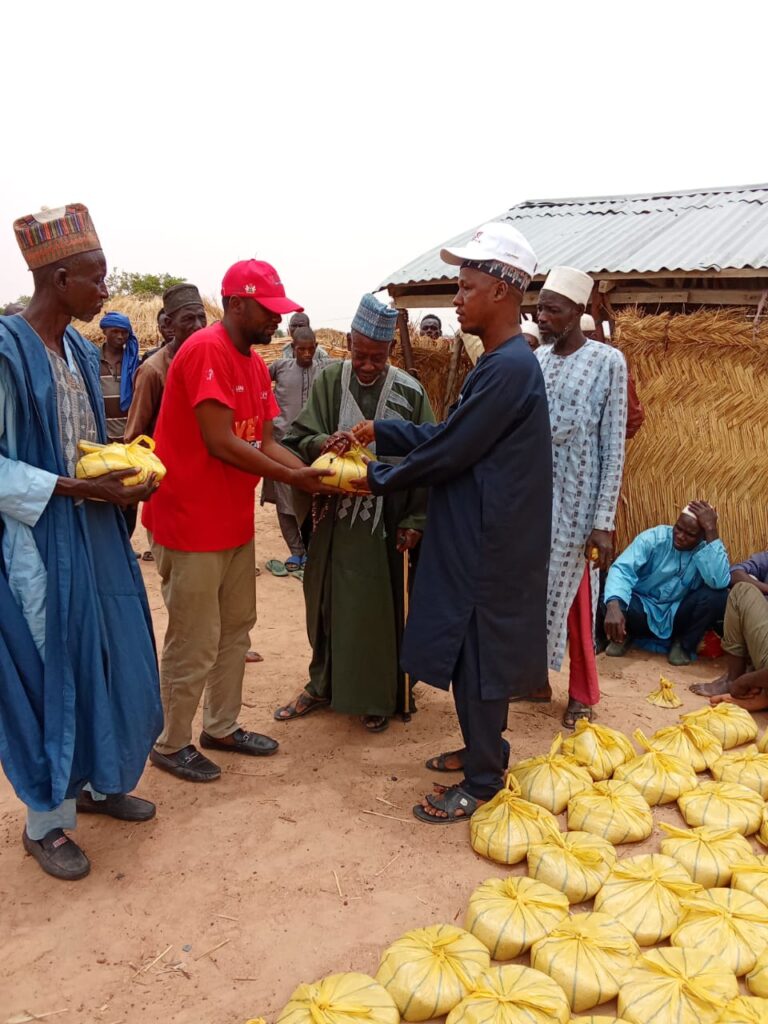
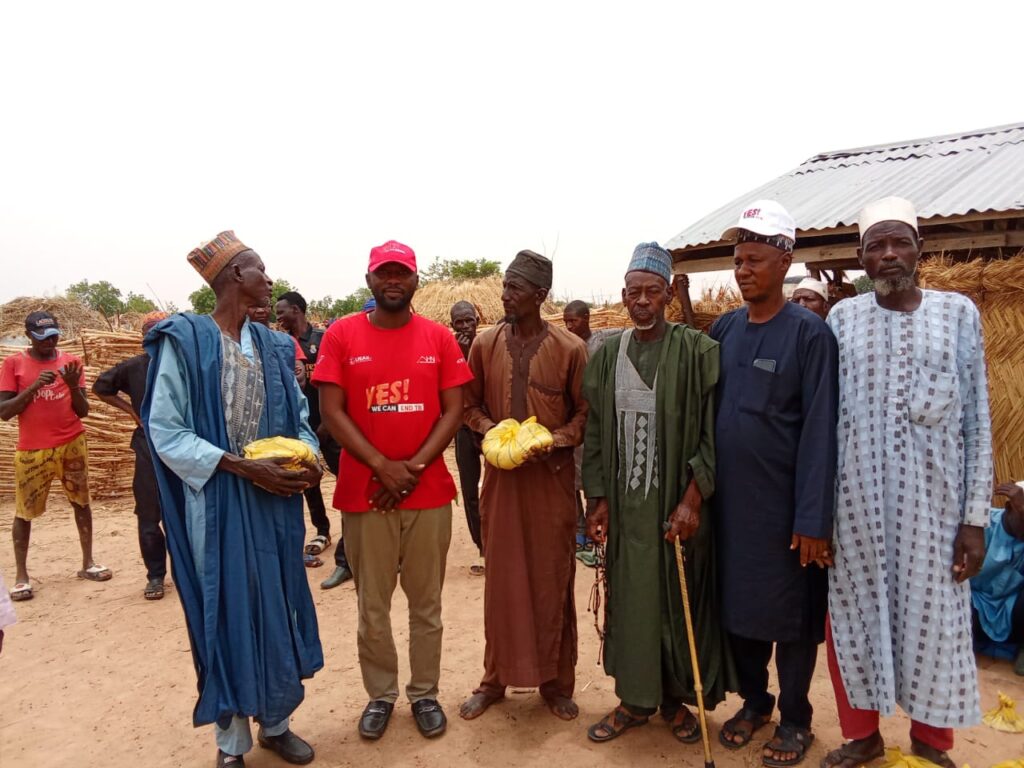
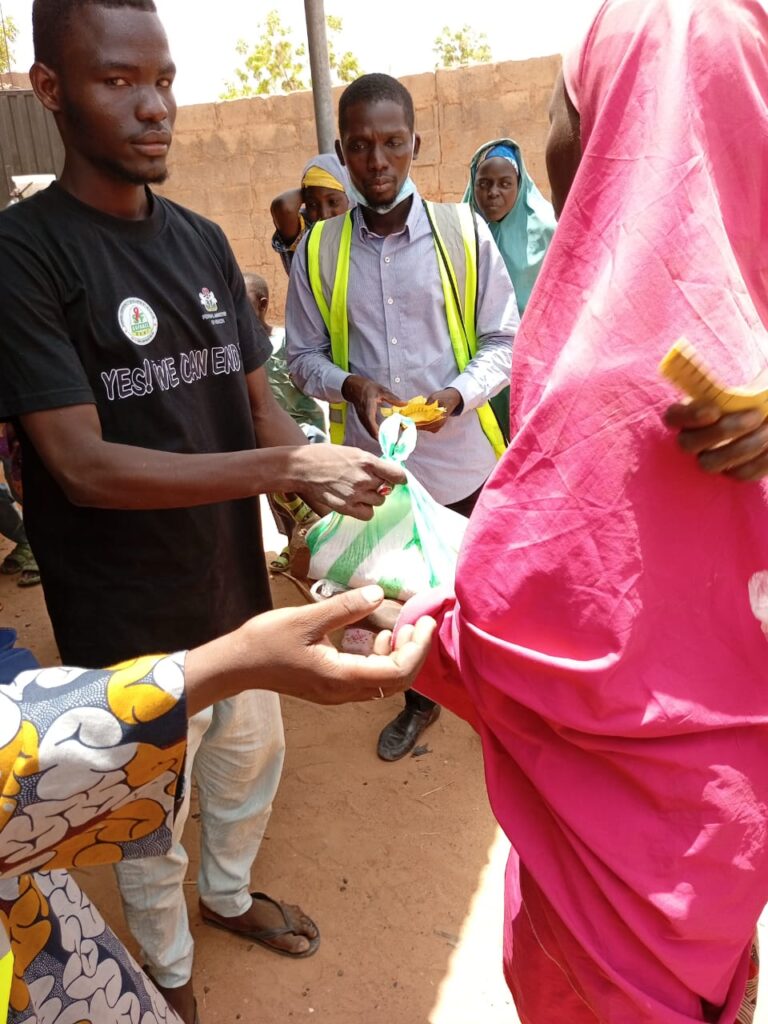
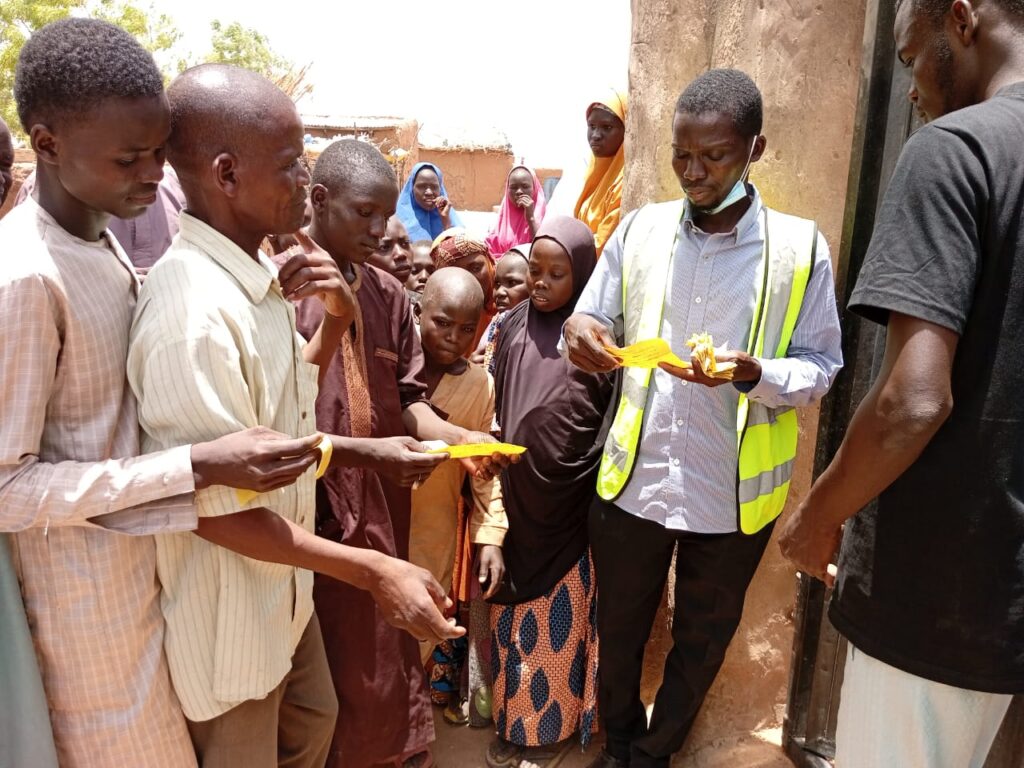

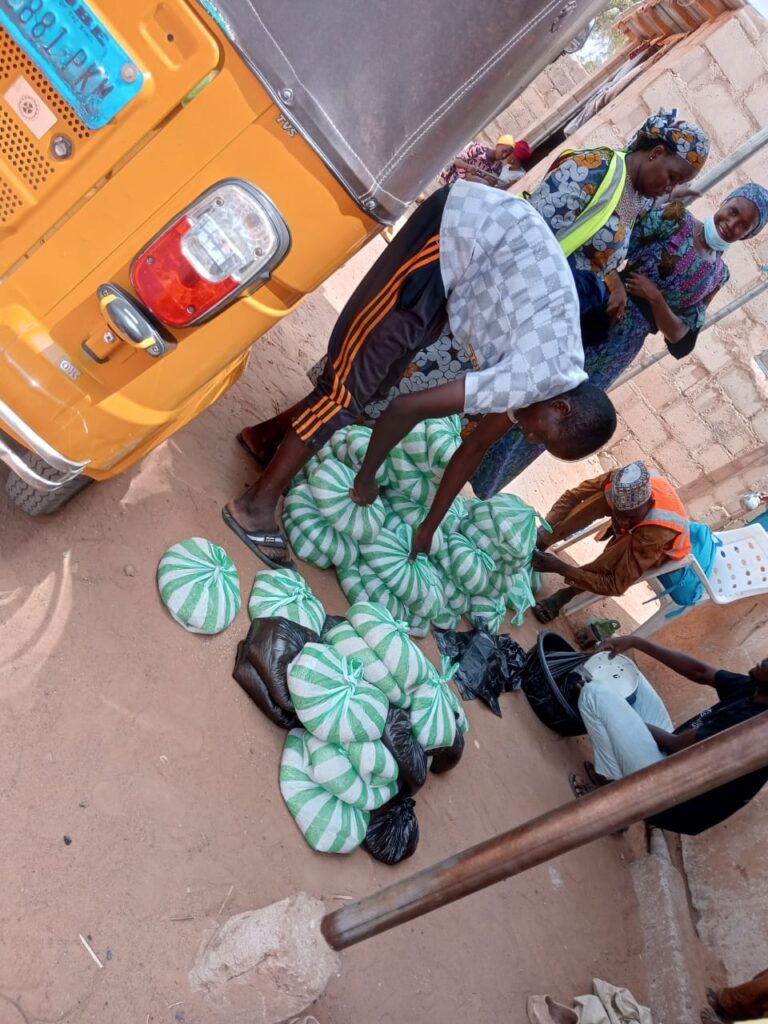


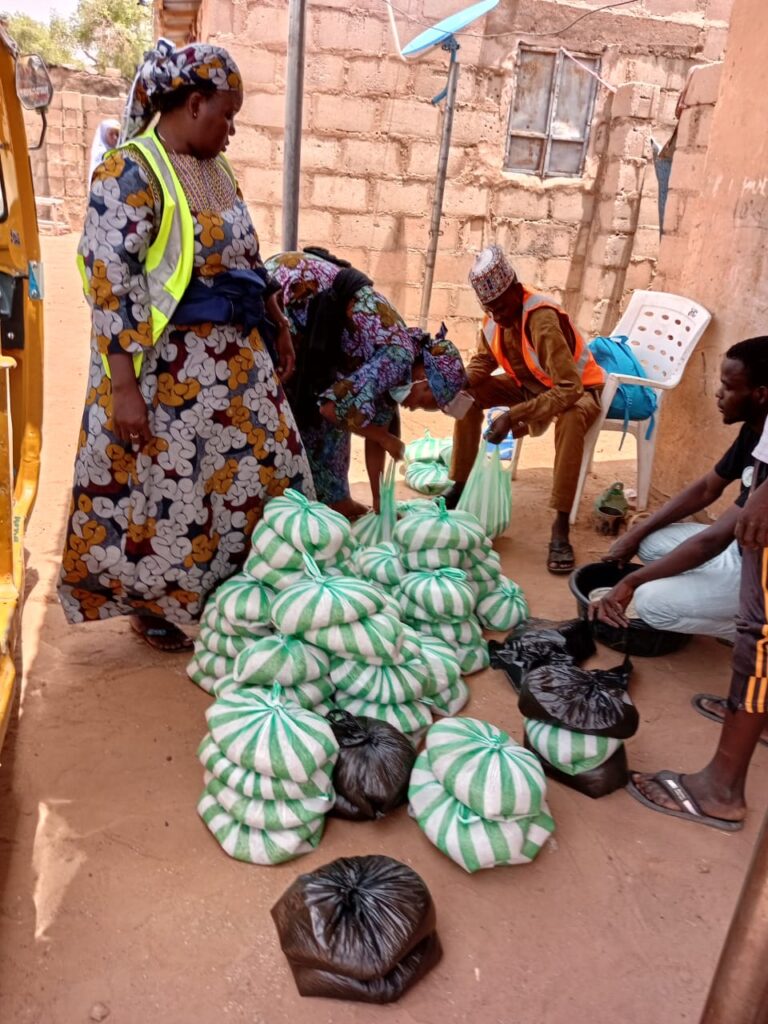

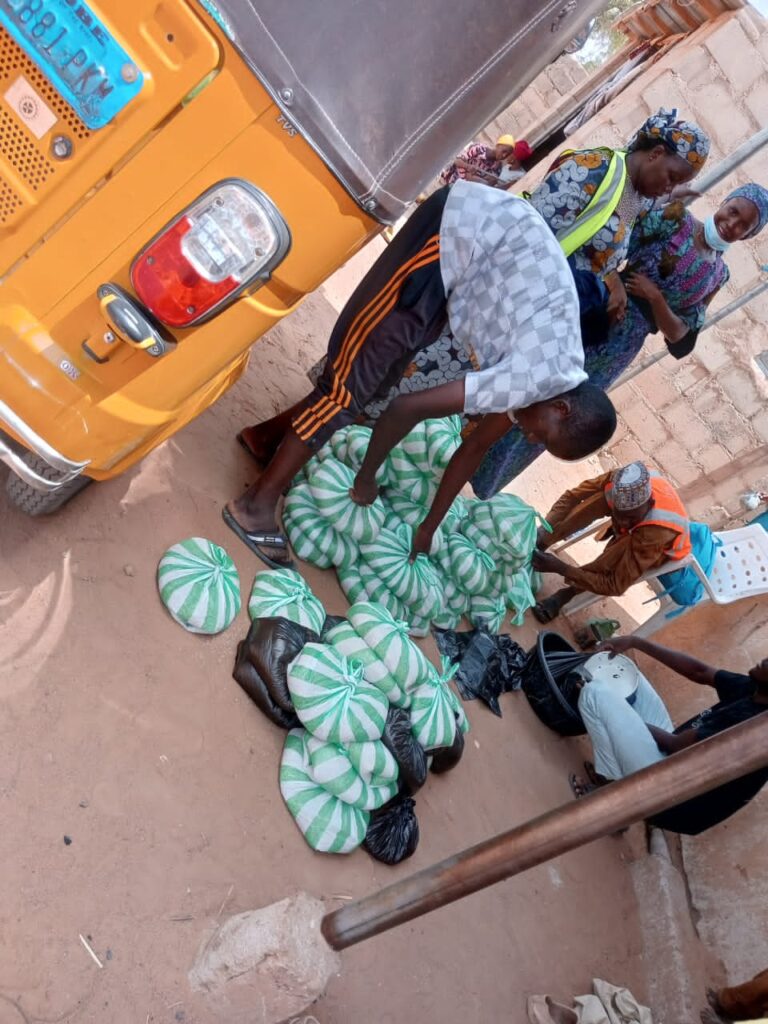
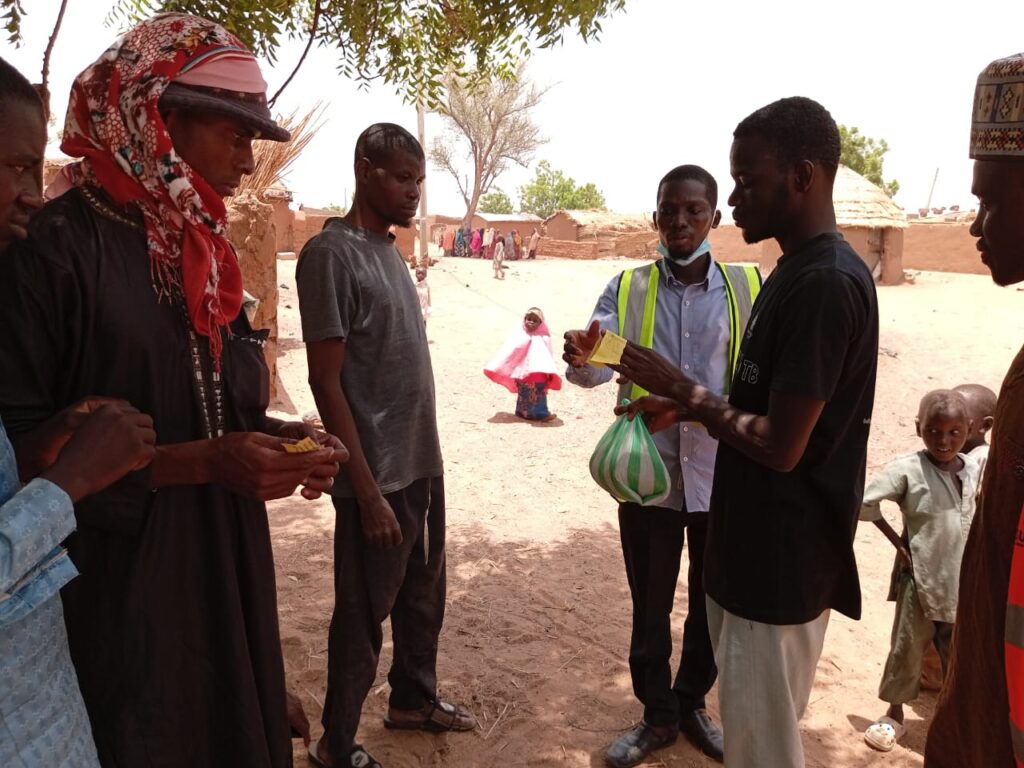
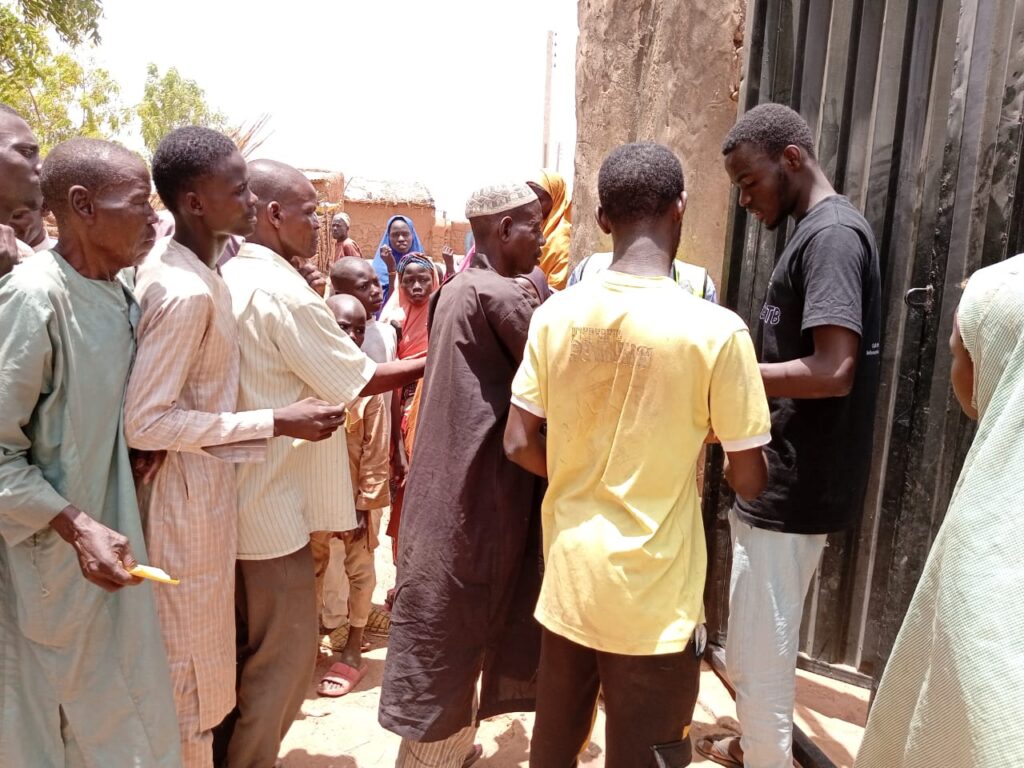
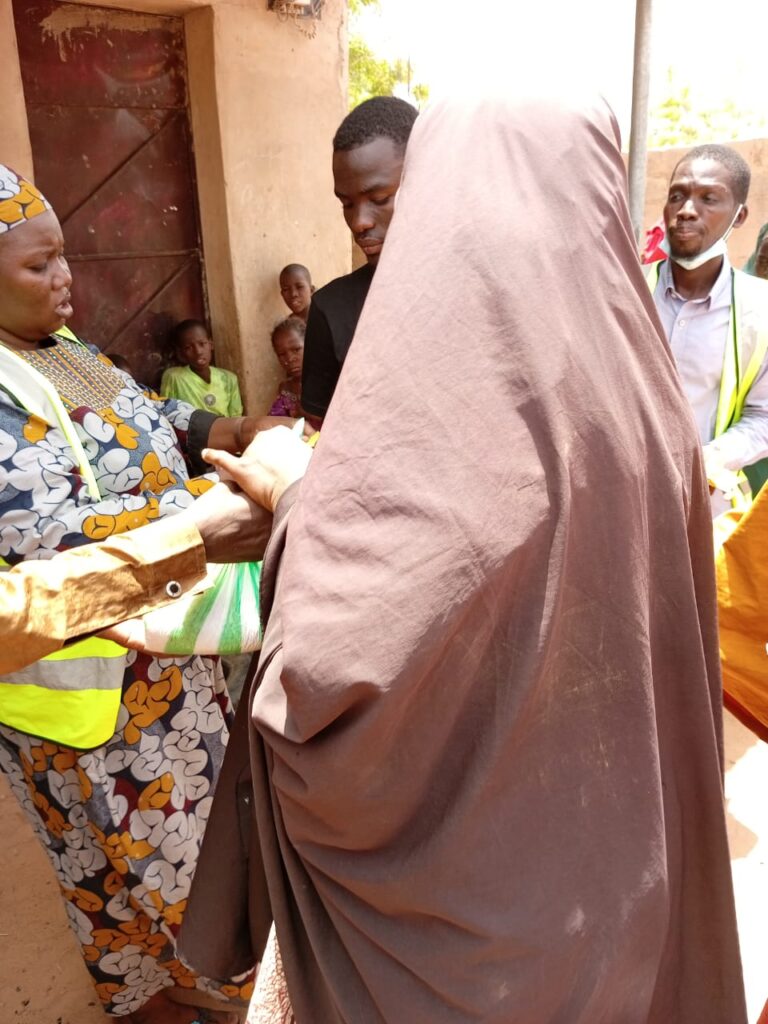
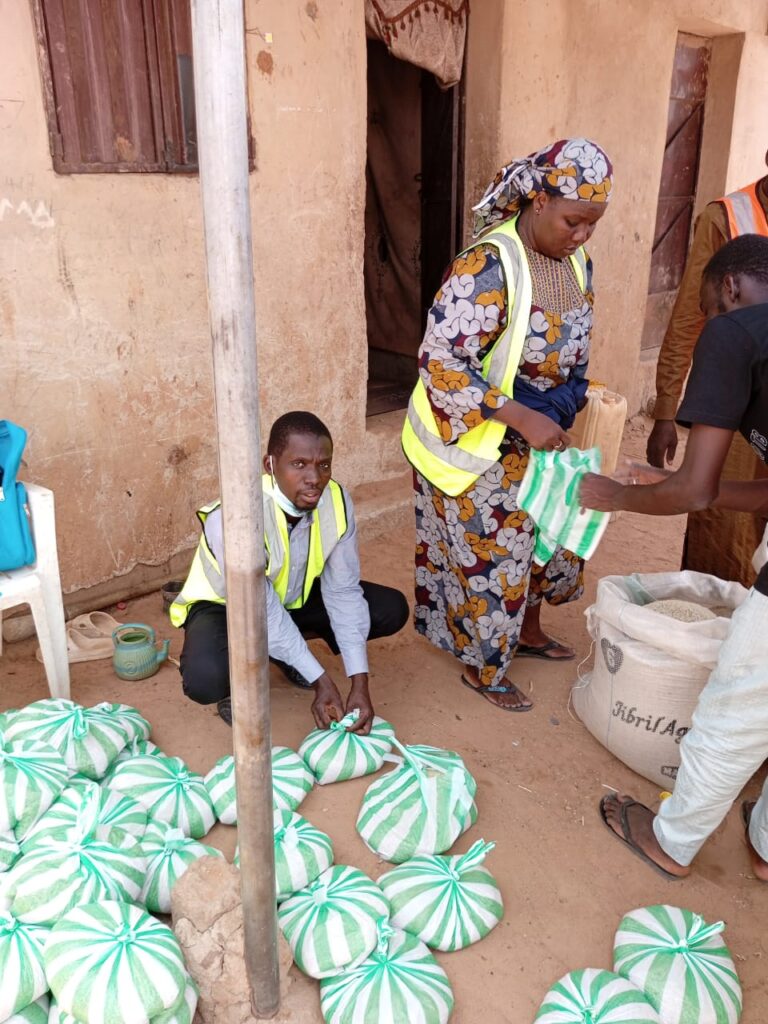
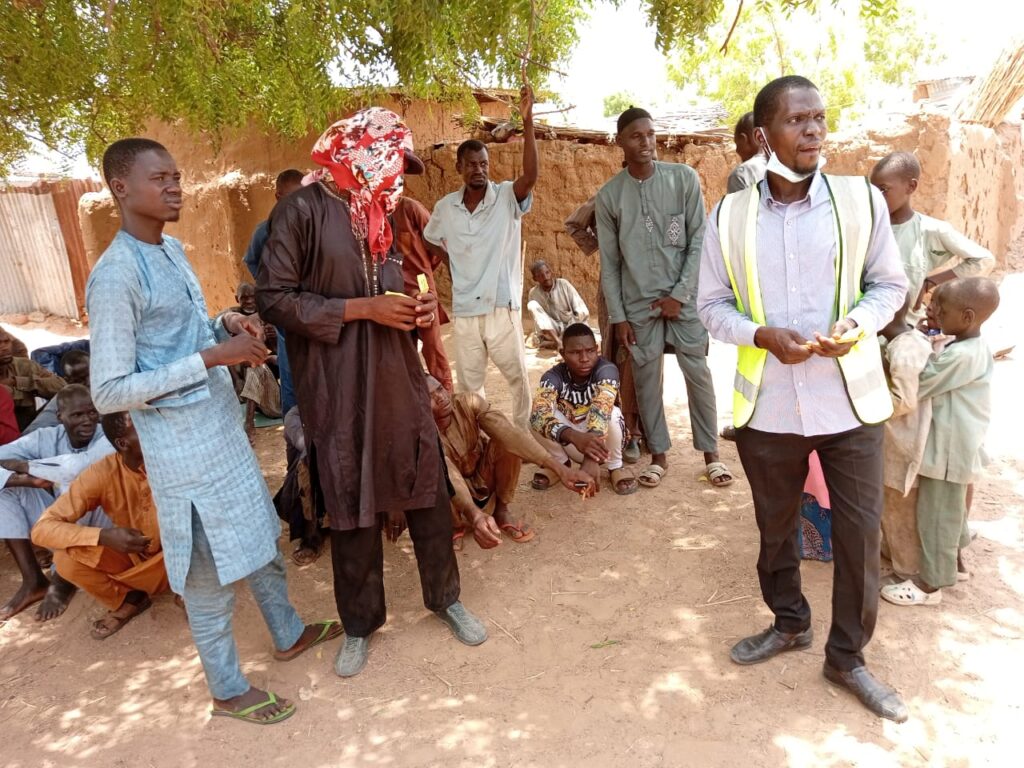

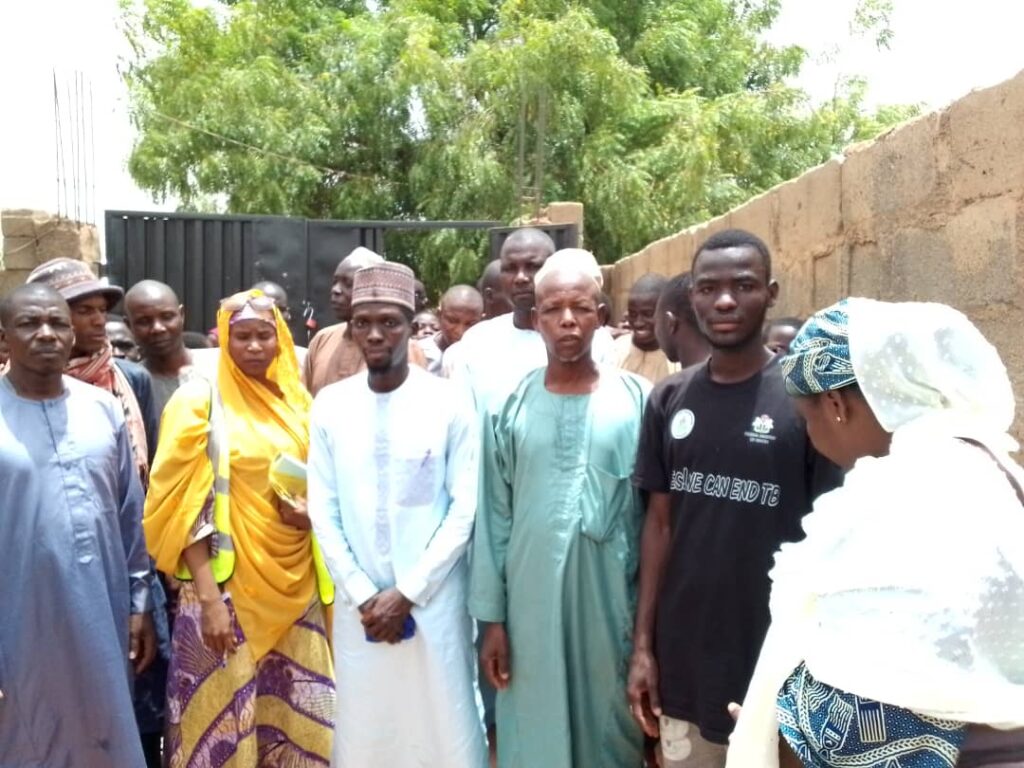




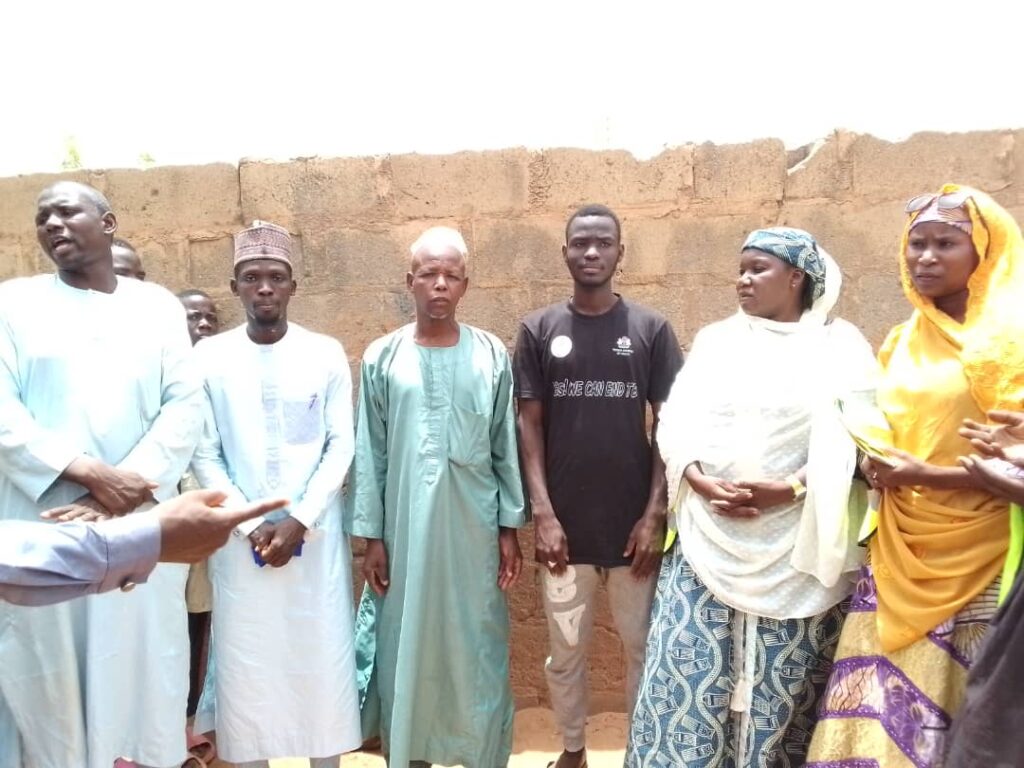
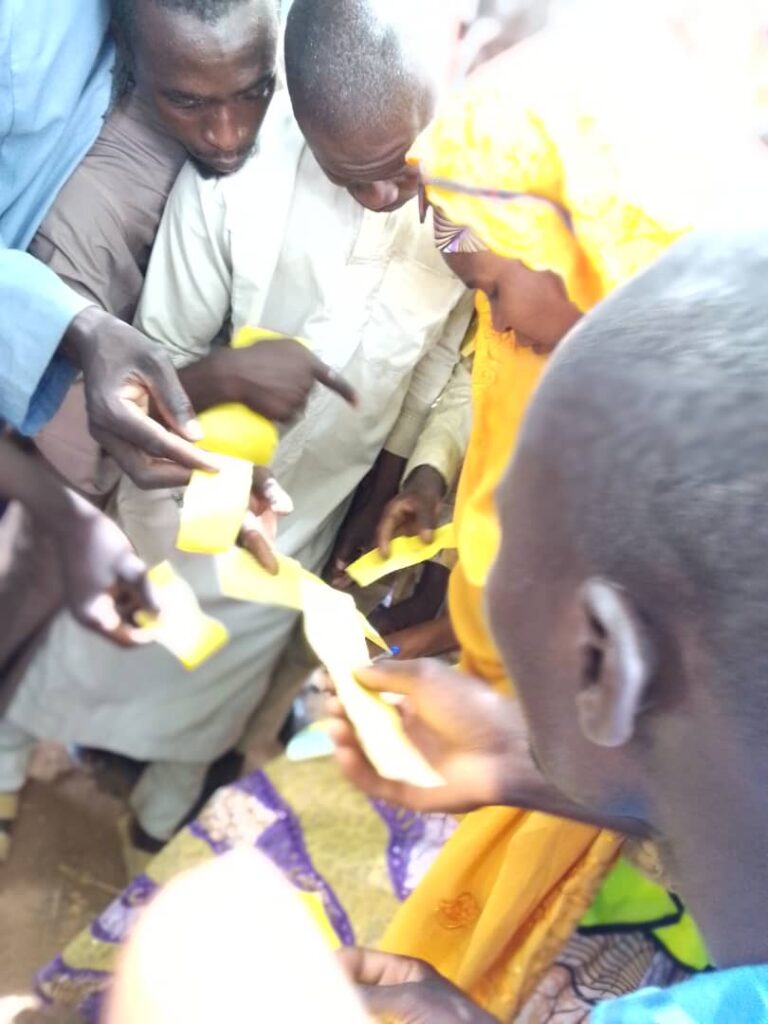

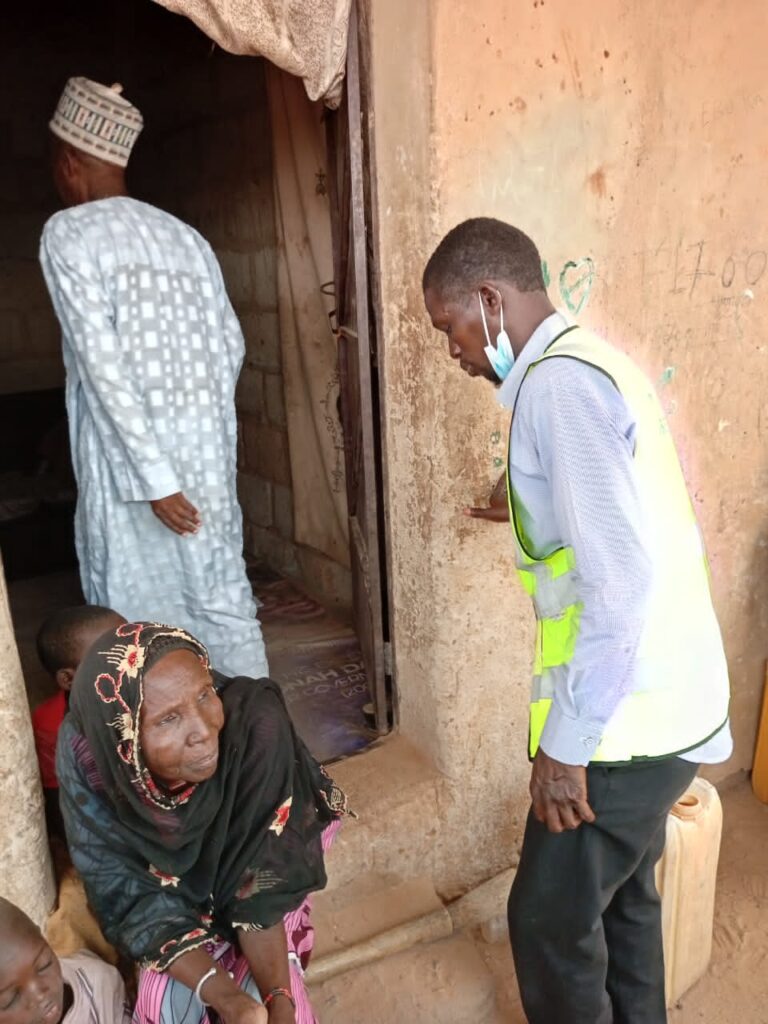


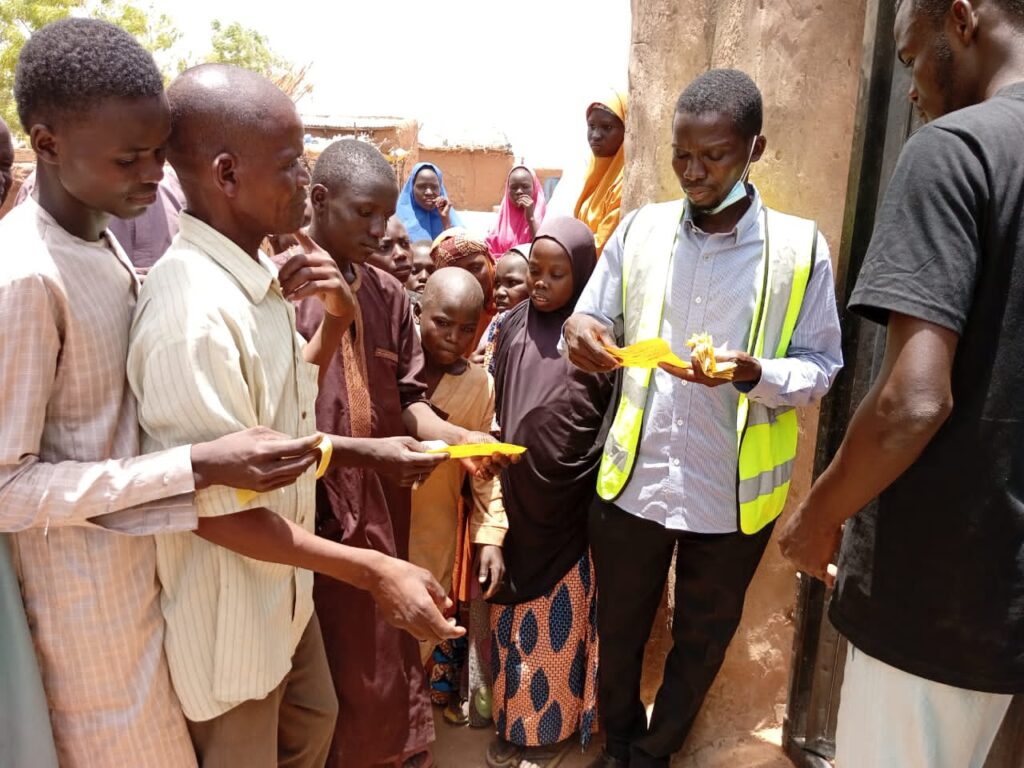
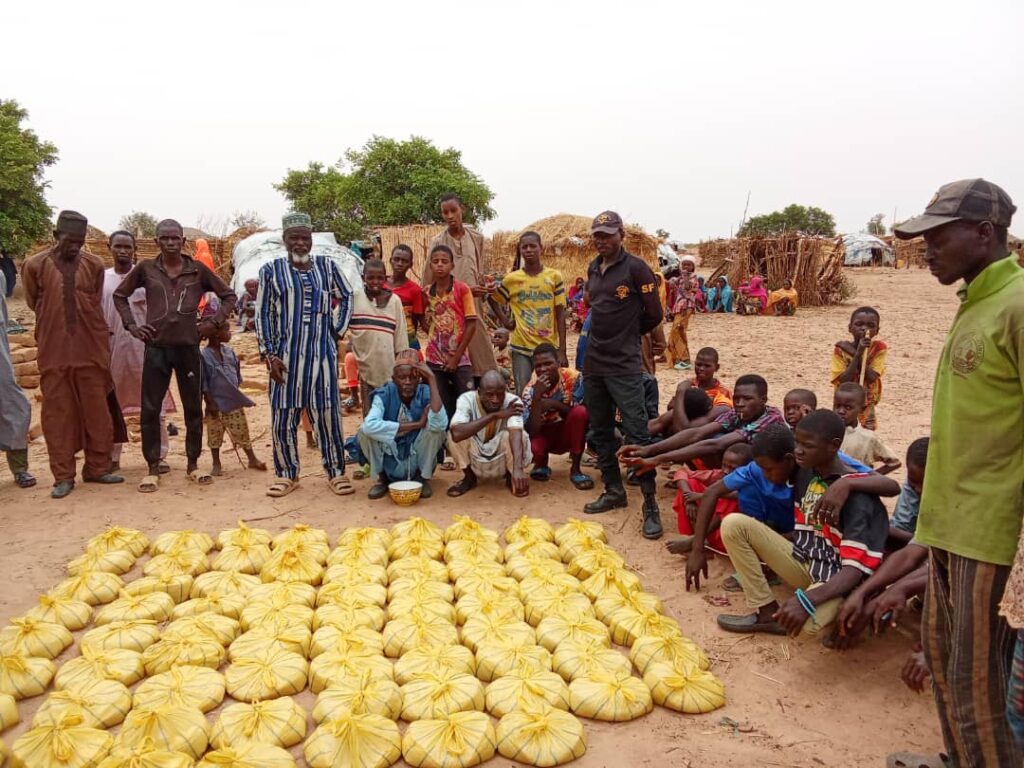
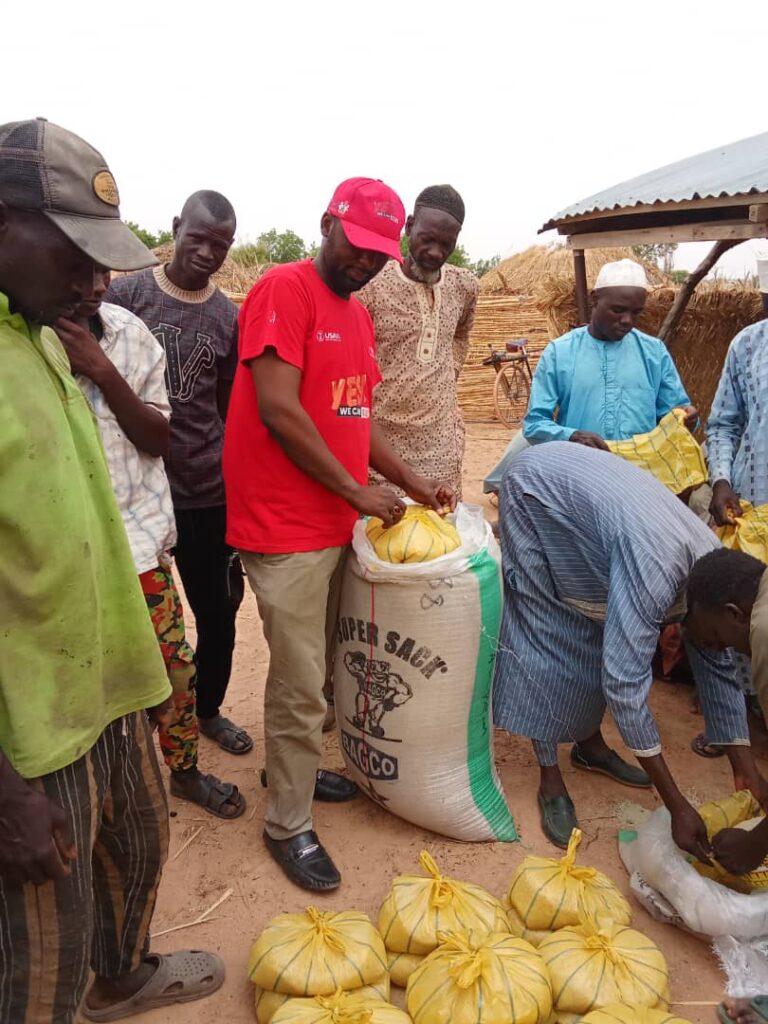

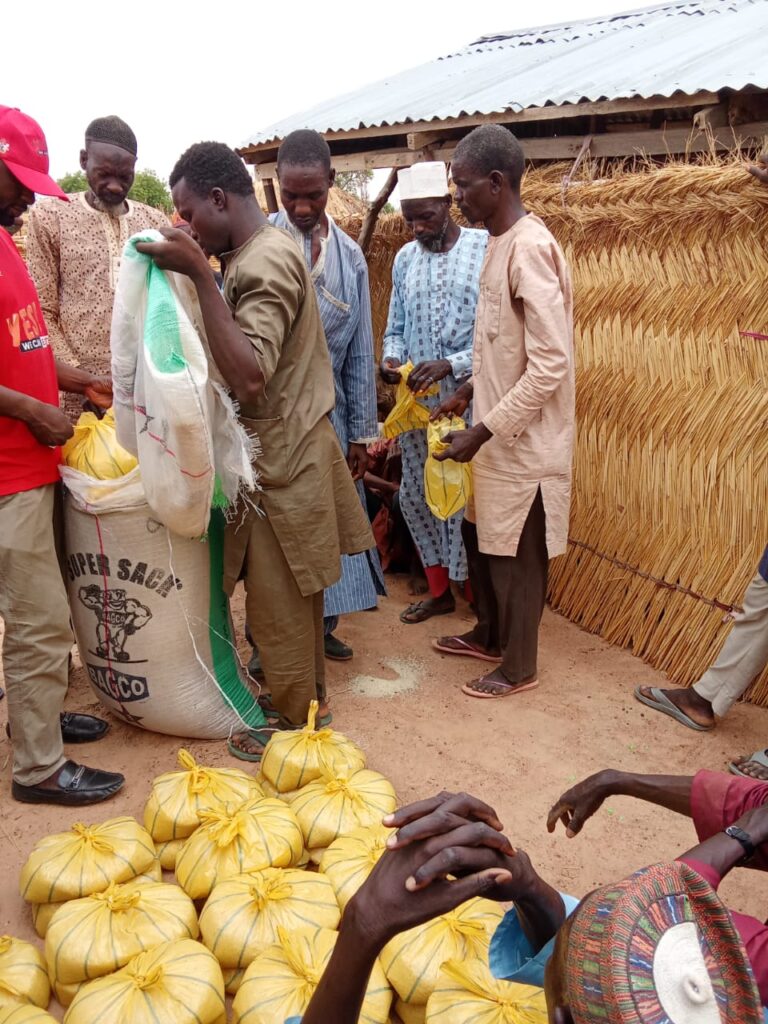

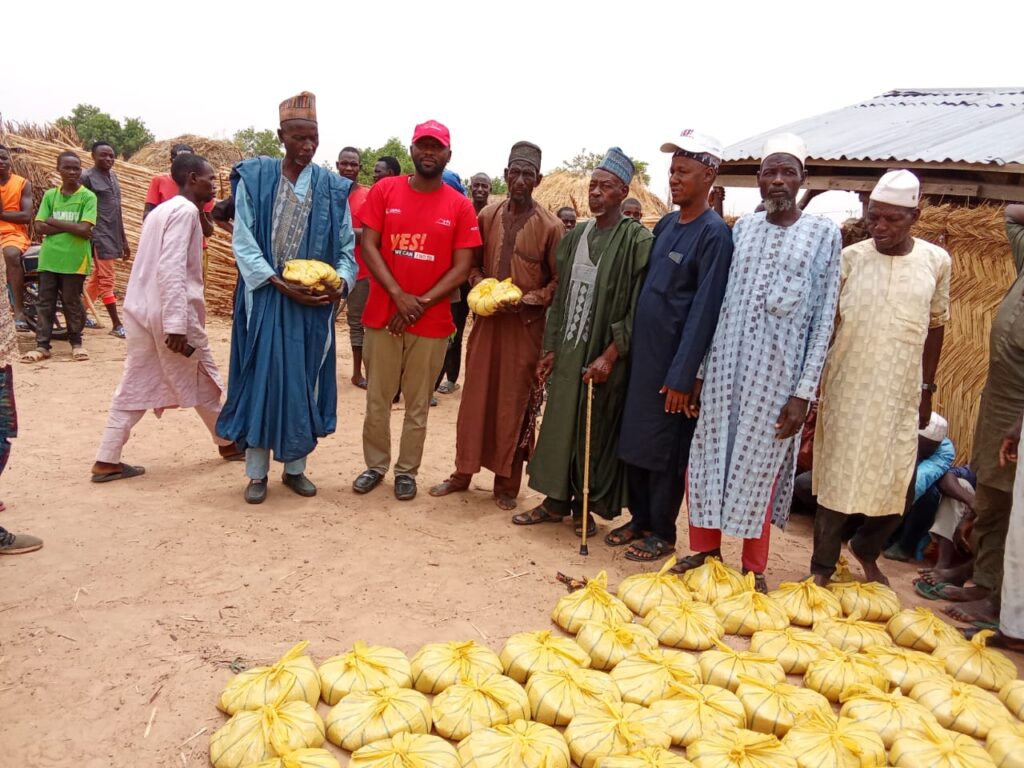
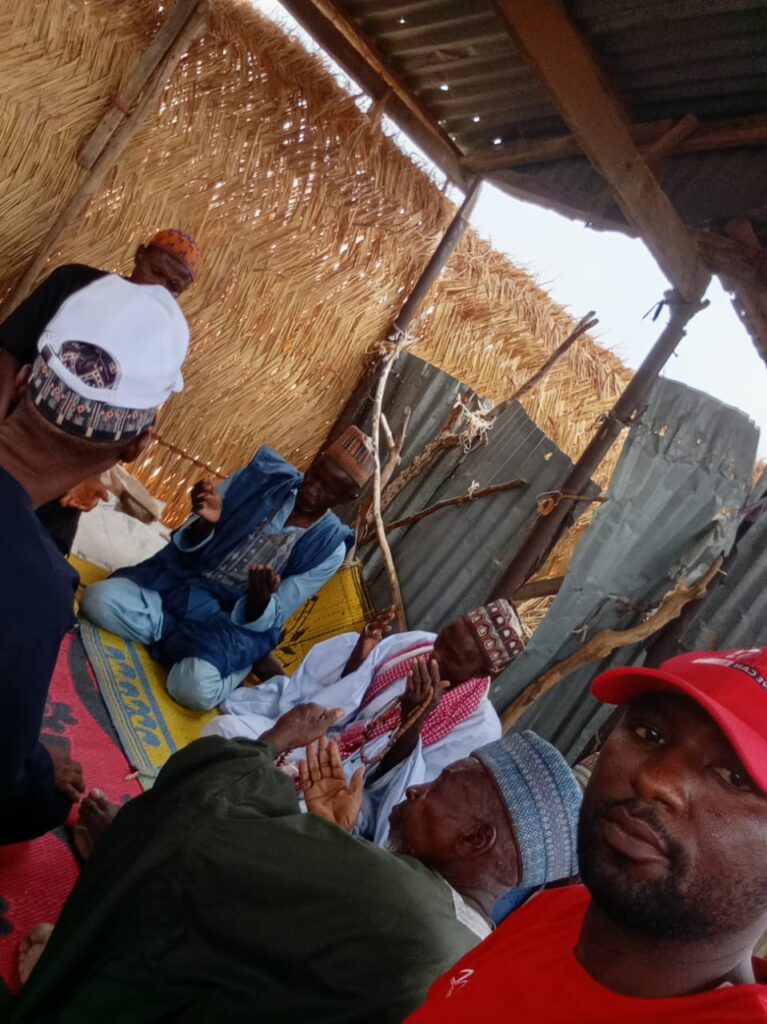
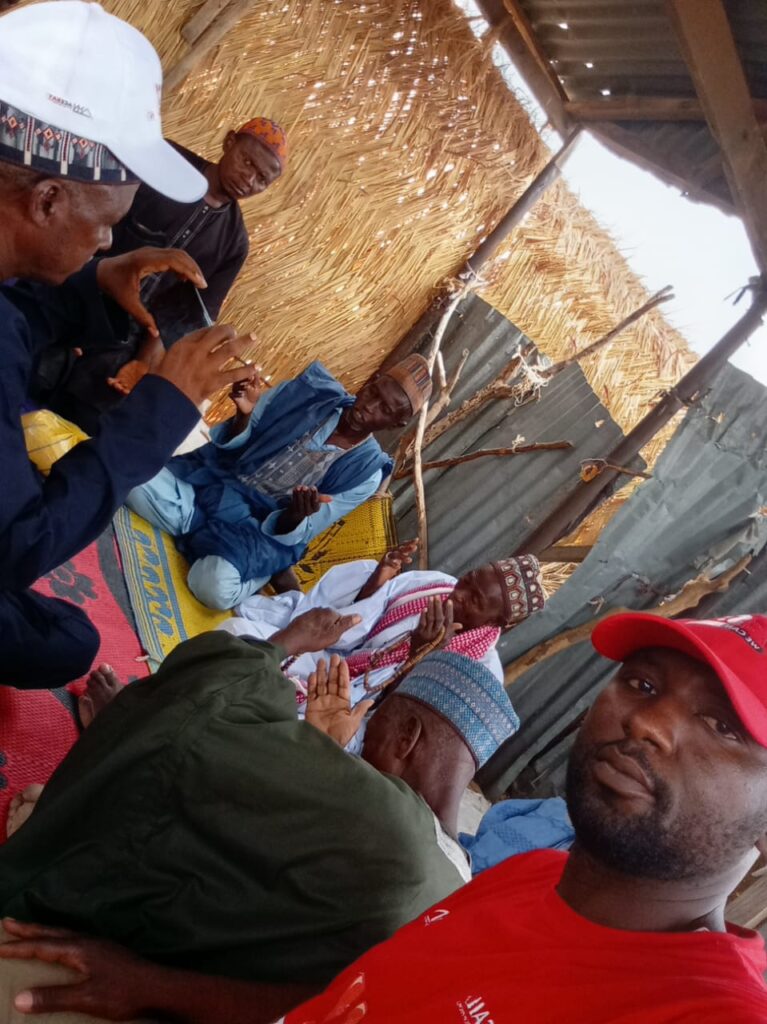
Yobe State: A Case Study in Compassionate Action: Yobe State, situated in northeastern Nigeria, has been profoundly impacted by the Boko Haram insurgency, resulting in widespread displacement and humanitarian needs. In places like Potiskum and Damaturu, palliative aid initiatives, such as those facilitated by the LTR/SUFABEL project, have been instrumental in providing relief and support to IDPs. SUFABEL, covering the Northeast region, stands out for its comprehensive approach to addressing the needs of the most vulnerable, including women and young people.
The SUFABEL project, with its focus on sustainability, empowerment, and community resilience, extends a lifeline to those often overlooked in times of crisis. By prioritizing the needs of women and young people, SUFABEL recognizes the unique vulnerabilities and strengths of these demographics. Through targeted interventions such as vocational training, education programs, and reproductive health services, SUFABEL empowers women to become agents of change within their communities. Similarly, initiatives aimed at young people, including skill-building workshops and youth-led advocacy campaigns, foster resilience and opportunity in the face of adversity.
In addition to addressing immediate needs, SUFABEL emphasizes long-term solutions that promote self-reliance and community development. By investing in education, healthcare, and livelihood opportunities, SUFABEL lays the groundwork for a more inclusive and prosperous future for all residents of the Northeast. Moreover, by engaging with local stakeholders and fostering partnerships with government agencies, civil society organizations, and community leaders, SUFABEL ensures that its impact is sustained beyond the lifespan of individual projects.
As we reflect on the importance of palliative aid for IDPs, SUFABEL serves as a shining example of compassionate action in the face of crisis. By providing support for the most vulnerable, including women and young people, SUFABEL not only offers relief in times of need but also lays the foundation for lasting resilience and empowerment. In doing so, it embodies the spirit of solidarity and compassion that defines humanity at its best, reminding us that even in the darkest of times, there is hope for a brighter tomorrow.
Conclusion: Palliative aid stands as a testament to the collective compassion and solidarity of humanity in times of crisis. For IDPs grappling with displacement, loss, and uncertainty, it represents a lifeline of hope, dignity, and resilience. As we navigate the complexities of the modern world, let us reaffirm our commitment to ensuring that no one is left behind, and that the most vulnerable among us receive the support and compassion they deserve.

